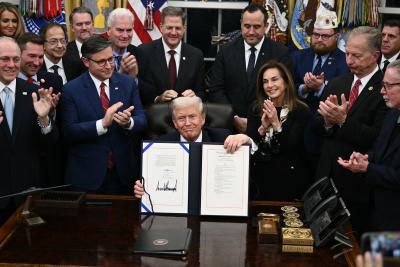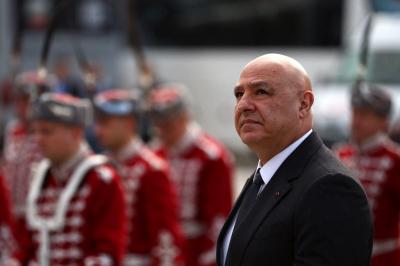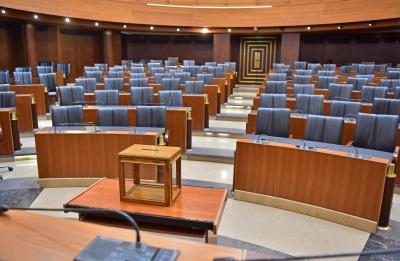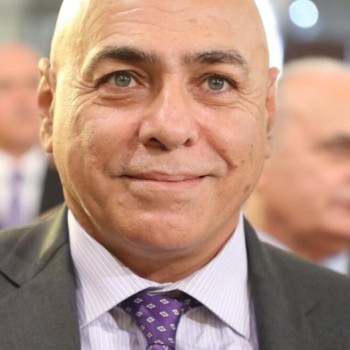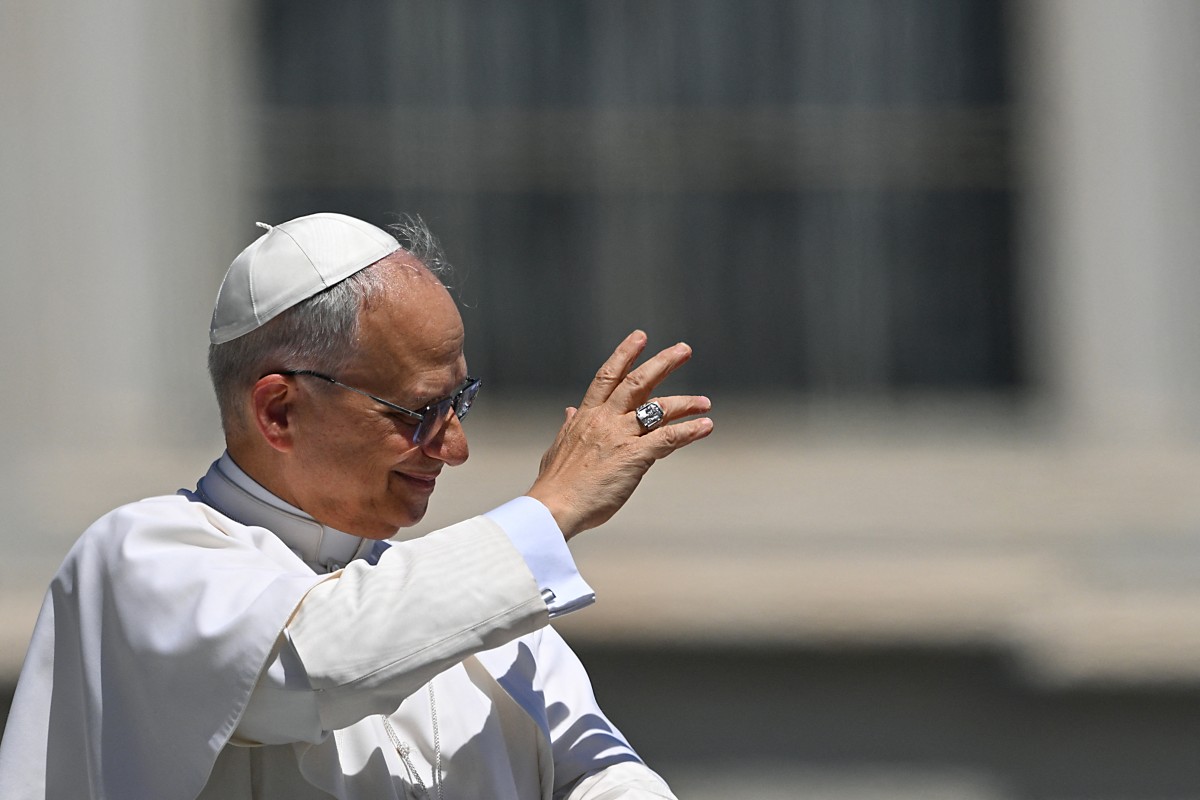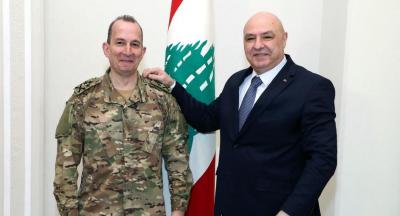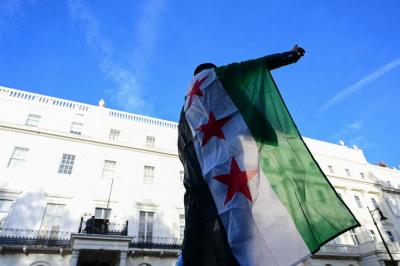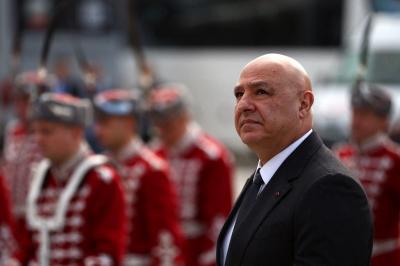The election of Cardinal Robert Francis Prevost, now Pope Leo XIV, as the first American pope marks a watershed moment in the history of the Catholic Church. Since the establishment of the United States of America (USA) as a new independent country in 1776, but most importantly, since the USA's emergence as one of the great powers at the end of WWI, and as a superpower at the end of WWII, the idea of a pope from the United States was considered inconceivable, largely due to geopolitical, cultural, and ecclesiastical reasons. The conclave cardinals, aware of the US might were weary of electing an American pope, giving the USA the spiritual leadership in addition to the political, economic, military, financial and technological leadership it already enjoys. Yet, in May 2025, the conclave of 133 cardinals chose an American, signaling both a break with tradition and a nuanced continuity within the Church's evolving global identity. So, why an American pope and why now?
Globalization of the College of Cardinals
The College of Cardinals, the Vatican body vested with the election of a new pope, is more international than ever before, with over 80% of its members appointed by Pope Francis. Many share his perspectives on social justice, inclusivity, and the need for a Church that listens to the "peripheries" rather than just the historic centers of power. The cardinals were acutely aware of the symbolic weight of selecting a pope from the United States, a superpower where Catholics are a powerful conservative Church, but a minority when compared to the rest of Christians in America, and where the Church's relationship with political power is complex and often contentious.
Prevost's International Credentials
Though American by birth, Pope Leo XIV's background is profoundly international. He spent over a decade as a missionary and bishop in Peru and led the Augustinian Order, gaining deep experience in Latin America and the global south. For the past two years, he headed the Vatican office responsible for appointing bishops worldwide, further solidifying his global perspective. As Rev. David Collins, S.J., noted, "He's as international as he is an American." This cosmopolitan background reassured cardinals and faithful alike that, while American, Leo XIV would not be parochial or beholden to U.S. interests.
Church in Crisis, Transition
The Church faces extraordinary internal and external challenges: declining participation in the West, a growing Catholic right in the United States, ongoing fallout from sexual abuse scandals, and increasing secularization. The cardinals sought a leader who could unify a fractured Church, build bridges across ideological divides, and continue the reforms begun under Francis without provoking schism or reactionary backlash.
Prominent voices within the Church emphasized that Leo XIV was not chosen because he is American, but because he was seen as the best candidate to unify and lead the Church at this critical juncture. As Cardinal Luis Antonio Tagle of the Philippines put it, "I don't think the country of origin is the determining factor (…) it's about the person who can serve the Church."
Continuity with Francis's Reforms
So, what will Pope Leo XIV keep from his predecessor? He is expected to maintain much of the direction set by Francis, particularly in the areas of social justice, environmental stewardship, and synodal spirituality, valuing shared governance. In his early addresses, Leo XIV has spoken of the need for the Church to respond to the "digital revolution" and to continue the path of renewal initiated by the Second Vatican Council.
Leo XIV's choice of name is a nod to Pope Leo XIII, whose encyclical Rerum Novarum (Rights and Duties of Capital and Labor) laid the foundation for modern Catholic social teaching. This signals a continued emphasis on the Church's commitment to the poor, workers, migrants, and marginalized communities, thus the focus on social justice and human dignity.
Leo XIV has reiterated the importance of the synodal spirituality, emphasizing greater consultation and shared decision-making within the Church, building on Francis's efforts to empower local bishops and laypeople, signaling an effort to continue decentralization.
Like Francis, Leo XIV is expected to champion environmental protection and care for creation, issues that resonate globally and particularly in the global south.
Francis's papacy was marked by a pastoral approach to divisive issues, such as the treatment of divorced and remarried Catholics and blessings for same-sex couples. While Leo XIV's personal views on these issues remain to be fully seen, his track record suggests a willingness to engage with complex realities without abrupt reversals.
What Changes Under Pope Leo XIV?
While Leo XIV is not expected to roll back Francis's reforms, he may approach contentious issues with a different tone. As head of the Vatican office for bishop appointments, he was known for administrative competence rather than public engagement in culture wars. However, his earlier speeches have signaled a more traditional stance on certain moral issues, such as euthanasia and same-sex marriage, than Francis's famously open-ended "Who am I to judge?" approach.
Leo XIV's election comes at a time when American Catholicism is both politically influential and internally divided. The rise of a conservative Catholic right, closely aligned with recent U.S. administrations, contrasts with broader trends of secularization and declining church attendance. Leo XIV's American roots may allow him to engage more credibly with U.S. Catholics, but he will need to balance the expectations of American conservatives with the global Church's more diverse perspectives.
Despite his American origin, Leo XIV's long service in Peru and the Vatican positions him as a global leader rather than a nationalist figure. His election complicates attempts by U.S. critics to paint him as disconnected from American values, while also reassuring Catholics in the global south that the Church remains committed to their concerns.
Church and Artificial Intelligence
Pope Leo XIV emphasized in his first speech before the cardinals the necessity for the Church to respond to the challenges of the digital age. He considered that artificial intelligence represents one of the greatest challenges of this era, affirming that the Catholic Church is today called to respond with a spirit of adaptation and renewal. In this regard, the Pope emphasized that artificial intelligence must remain at the service of humanity and its development, not become a tool for its enslavement or manipulation. He called for a global vigilance where humans are always in the decision-making position and that ethical responsibility remains on humans, not machines. For conscience, the ability to make ethical distinctions, and the pursuit of good remain human traits that machines cannot fully emulate.
Please post your comments on:
[email protected]
 Politics
Politics


